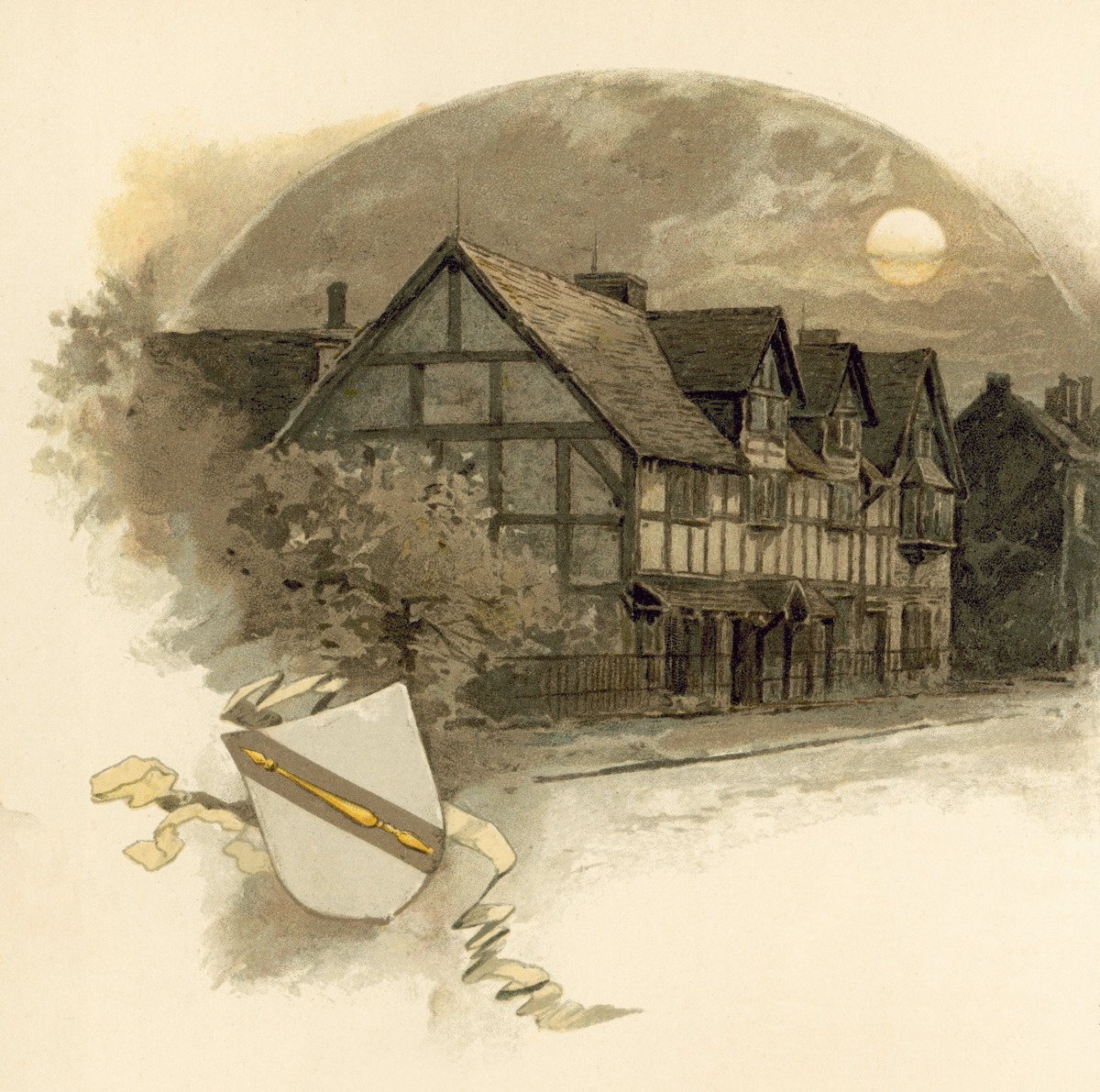Shakespeare’s Sister Speaks
Could a text thought to be by Shakespeare’s father actually be his sister’s writing?

In her 1929 essay A Room of One’s Own Virginia Woolf asked her reader to conduct a thought experiment:
Let me imagine, since facts are so hard to come by, what would have happened had Shakespeare had a wonderfully gifted sister …
Woolf explores the subtly cumulative ways in which, in early modern England and by extension in her own time,a figure like Shakespeare’s sister would be shut out, not just from education and self-improvement, but also from other social freedoms and, therefore, from writing: ‘Perhaps she scribbled some pages up in an apple loft on the sly, but was careful to hide them or set fire to them.’ Woolf’s imaginary heroine, desperate to express herself, dies in misery. Her grave is unmarked.
